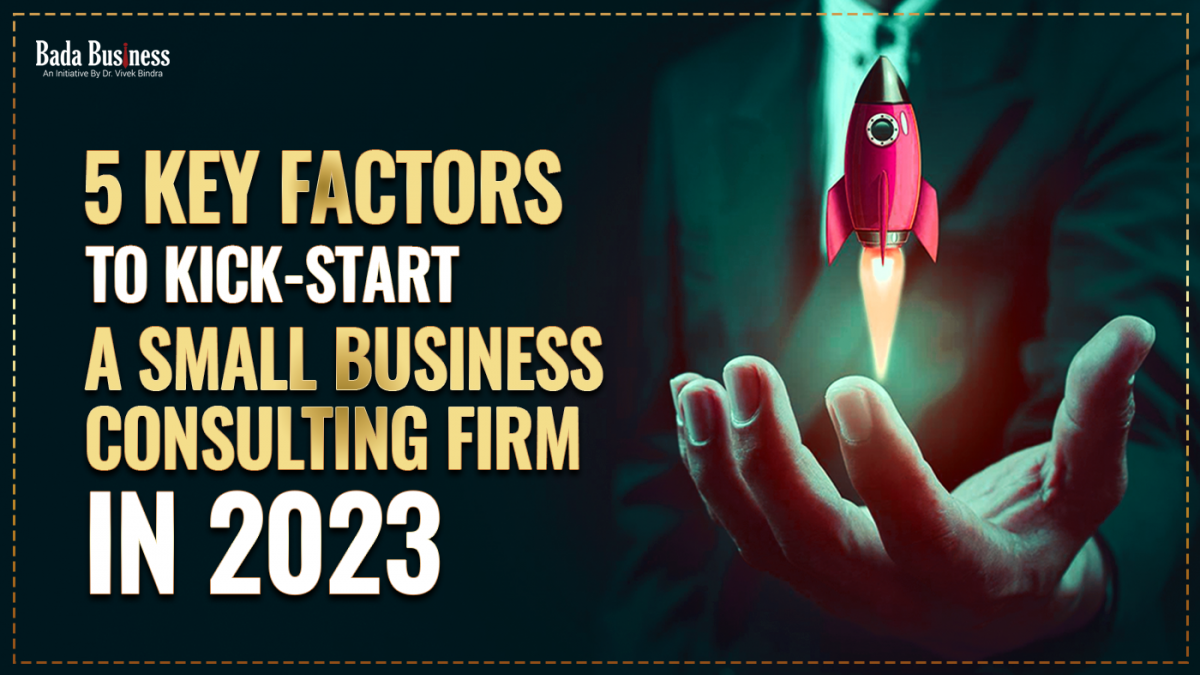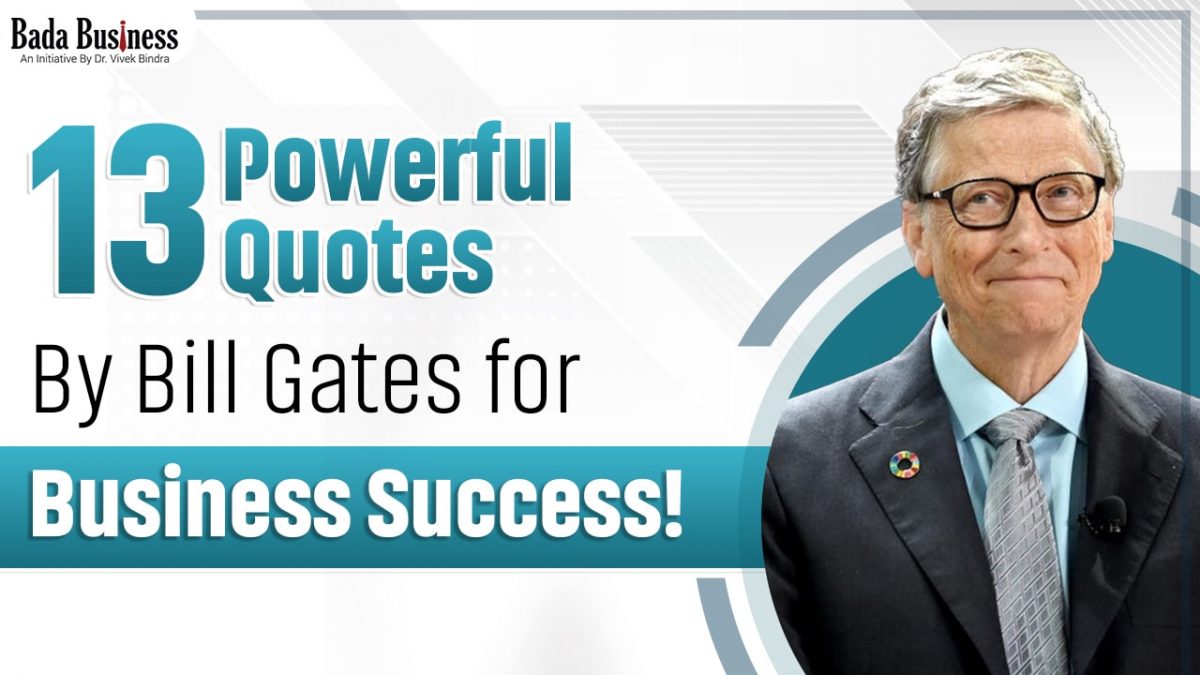Business coaching has become a powerful tool for professionals and entrepreneurs striving to reach their goals in today’s competitive business landscape.
A business coach provides guidance, accountability and a fresh perspective, helping individuals and teams overcome challenges and move forward. But who exactly is a business coach, and how can you find a coach that suits your needs? Let’s find out.
Business Coach Meaning
Business Coach is a professional who helps entrepreneurs, business owners & executives improve their skills, set strategic goals, and overcome business challenges.
Acting as a mentor and advisor, they provide tools, strategies and insights tailored to the client’s needs. Some coaches specialise in areas such as leadership, marketing or financial strategy, ensuring they bring a specific set of skills to meet unique business needs.
Business Coach – History and Origin
The concept of a business coach has its roots in a variety of disciplines, including mentorship, psychology, and life coaching.
Let’s take a look at the history and evolution of business coaching, from its early origins to the structured profession it is today.
1. Early Origins in Mentorship
The foundation of business coaching can be traced to ancient mentorship practices. Greek philosophers like Socrates, Plato, and Aristotle mentored their students through inquiry-based learning, a technique still prevalent in modern coaching.
In the 20th century, mentorship became common in business, with senior employees mentoring new hires to pass on knowledge, skills, and company values.
2. Inspiration from Sports Coaching (1950s – 1970s)
The sports industry significantly influenced the development of business coaching. Coaches in sports provided strategic, psychological, and motivational support to improve players’ performance, a parallel that later inspired business coaches to help professionals achieve their goals.
The term “coach” itself, which originated from sports, began to gain traction in the business world as companies recognised the value of personalised guidance and performance improvement.
3. Growth of Professional Coaching (1980s – 1990s)
In the 1980s, coaching began to establish itself as a distinct profession, with individuals like Thomas Leonard in the United States pioneering the field. Leonard is often called the “father of coaching” and was instrumental in framing coaching as a structured practice. He founded Coach University in 1992 and the International Coach Federation (ICF) in 1995, which provided guidelines and ethics for coaching professionals.
Around this time, executive coaching gained popularity as companies realised that executives and leaders could benefit from the guidance and accountability that coaches provide.
4. Integration of Psychology and Positive Psychology (1990s – 2000s)
As coaching grew, it began incorporating insights from psychology, particularly cognitive and positive psychology. Psychologists like Martin Seligman and Mihaly Csikszentmihalyi, who championed positive psychology, inspired coaches to focus on strengths, well-being, and goal attainment.
This integration helped formalise business coaching techniques, moving away from simple advice-giving to evidence-based approaches for personal and professional growth.
5. The Rise of Specialised Business Coaching (2000s – Present)
By the 2000s, business coaching expanded into specialised fields, such as executive, leadership, and start-up coaching, to meet the specific needs of professionals in various industries.
Today, business coaching is a respected and growing field, with coaches trained in areas like behavioral science, management, and strategic planning to help clients tackle business challenges and improve performance.
6. The Digital and Global Coaching Era (2010s – Present)
Technology has revolutionised coaching, allowing coaches to connect with clients globally through digital platforms. Online coaching, video conferencing, and apps have made coaching accessible to a wider audience.
The pandemic in 2020 further accelerated digital coaching, with companies investing in virtual coaching for employee well-being and productivity.
Read Also: What is Kirkpatrick Model
Benefits of Working With a Business Coach
Working with a business coach brings a number of changes, guiding professionals, entrepreneurs, and executives to reach their full potential.
Here are some of the key benefits of engaging with a business coach:
- Clarity of Goals and Vision:
A business coach helps you clarify your goals, define your vision, and outline actionable steps. They assist in narrowing your focus, making it easier to create a clear, structured path toward achieving your objectives. - Personalised Strategy Development:
Coaches bring experience and insight to help you develop tailored strategies that align with your strengths, weaknesses, and industry demands. They help refine existing strategies or create new ones to drive growth and competitive advantage. - Accountability and Motivation:
Having a coach adds accountability, making you more likely to stay on track with your plans and deadlines. Regular check-ins and progress assessments push you to achieve your milestones and maintain motivation. - Enhanced Leadership Skills:
For executives and leaders, business coaches provide valuable feedback and training to improve leadership, communication, and decision-making skills. This helps you become a more effective, confident leader who can inspire teams and handle challenges. - Objective Perspective and Insight:
Coaches offer an unbiased, fresh perspective on your business, helping you spot issues or opportunities you may have overlooked. Their outsider viewpoint enables clearer problem-solving and innovation, free from internal biases. - Boosted Productivity and Efficiency:
A coach helps identify habits or processes that may be hindering productivity. By refining your time management skills, prioritising tasks, and improving operational efficiency, coaches help you accomplish more in less time. - Skill Development and Personal Growth:
Beyond business knowledge, coaches foster self-awareness, resilience, and adaptability. Working with a coach is a growth journey that enhances your confidence and ability to handle future business challenges. - Stress Reduction and Improved Work-Life Balance:
Coaches encourage balanced work approaches, help manage stress, and prioritise self-care. This support improves work-life balance, leading to better health and overall satisfaction. - Increased Revenue and Growth Potential:
Through improved strategies, productivity, and confidence, business coaching often leads to higher revenue. Coaches help align your actions with growth-oriented practices, maximising your business’s financial potential. - Networking Opportunities:
Many coaches bring valuable connections and networking opportunities. They can introduce you to contacts, potential clients, or investors, helping to expand your professional network.
How and Where to Find A Business Coach
Finding the right business coach involves knowing what you’re looking for, where to search, and how to evaluate potential coaches. Here’s a guide on how and where to find a business coach who aligns with your goals.
1. Define Your Goals and Needs
- Identify Your Goals:
Before you start searching, define what you want to achieve. Are you looking to grow your business, improve leadership skills, or increase productivity? Your goals will guide you toward coaches who specialise in those areas. - Determine the Coaching Style You Prefer:
Some coaches are more direct and hands-on, while others take a collaborative approach. Think about the type of guidance that would best motivate you.
2. Where to Find a Business Coach
a) Professional Coaching Platforms and Directories
- International Coach Federation (ICF):
The ICF is one of the most respected coaching organisations, offering a directory of credentialed coaches worldwide. You can filter by specialisation, experience, and region. - Coach.me, Noomii, and BetterUp:
These platforms connect you with experienced coaches in various fields, including business, leadership, and career coaching. - LinkedIn:
LinkedIn is an excellent platform for finding professional coaches. Search for coaches by their specialisation (e.g., “leadership coach,” “executive coach”) and check their profiles, endorsements, and testimonials.
b) Recommendations from Trusted Sources
- Mentors and Colleagues:
Ask mentors, colleagues, or industry peers if they know any reputable coaches who specialise in your area of need. - Networking Events and Industry Conferences:
Business seminars, networking events, and conferences often feature coaches as speakers. Attending these events can give you a chance to meet them in person and evaluate their expertise.
c) Online Reviews and Testimonials
- Google and Yelp Reviews:
Many coaches have websites or profiles on review sites where clients have left feedback. Reading reviews can help you get a sense of a coach’s strengths and weaknesses. - Social Media Profiles:
Check platforms like Instagram, Twitter, or Facebook for business coaches who share insights, testimonials, and coaching success stories.
d) Professional Associations and Local Chambers of Commerce
Many business coaches are part of associations and local business groups. Your city’s chamber of commerce or a local business network can connect you with coaches who have experience in your specific industry.
3. How to Evaluate a Potential Business Coach
- Review Credentials and Experience:
Look for coaches with relevant certifications (like ICF or other reputable organisations) and practical experience in your field or industry. - Check for Testimonials and Case Studies:
Success stories from former clients can offer insight into a coach’s impact. - Understand Their Coaching Methodology:
Some coaches use structured programs, while others take a flexible approach. Ask about their methodology and see if it aligns with your goals and personality. - Ask the Right Questions:
- What experience do you have in my industry or field?
- Can you share specific examples of clients you’ve helped with similar goals?
- What will the coaching process look like, and how often will we meet?
- How do you track progress and measure success?
4. Trial Sessions and Compatibility Checks
Many coaches offer free introductory sessions or consultations. Take advantage of these sessions to see if you connect with the coach and feel comfortable with their approach.
5. Consider Budget and Investment
Coaching is an investment, so understand your budget and ask about pricing options. Many coaches offer different packages based on session frequency, length, and focus.
Conclusion:
Business coaching is a valuable investment in your personal and professional development. By understanding what a business coach does and how to find one who aligns with your goals, you will be better able to choose a coach who can help you tackle the challenges ahead and unleash your full potential. Whether you are looking to improve specific skills, solve pressing issues or take your business to new heights, a qualified business coach is your trusted partner on this journey.

















